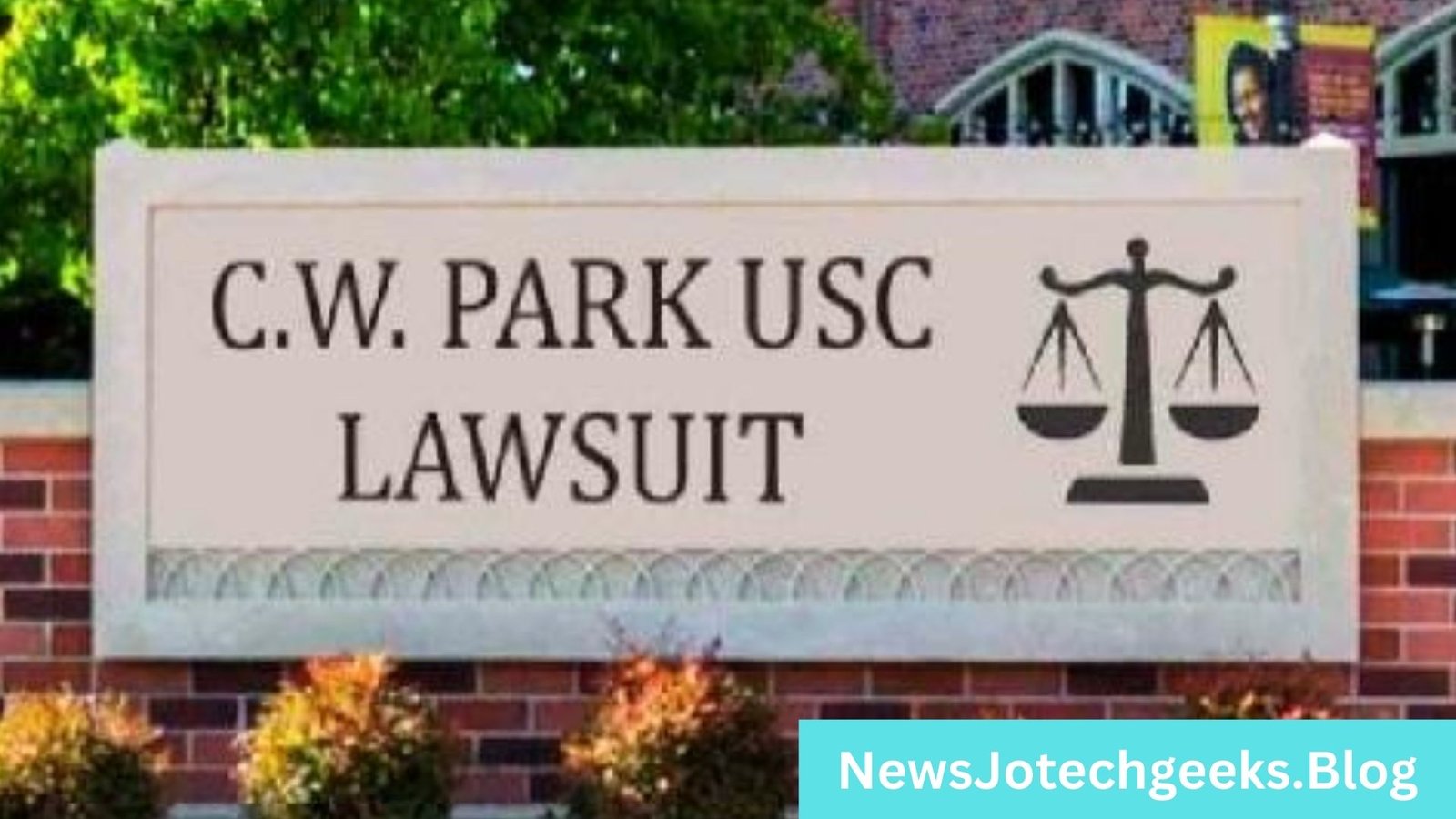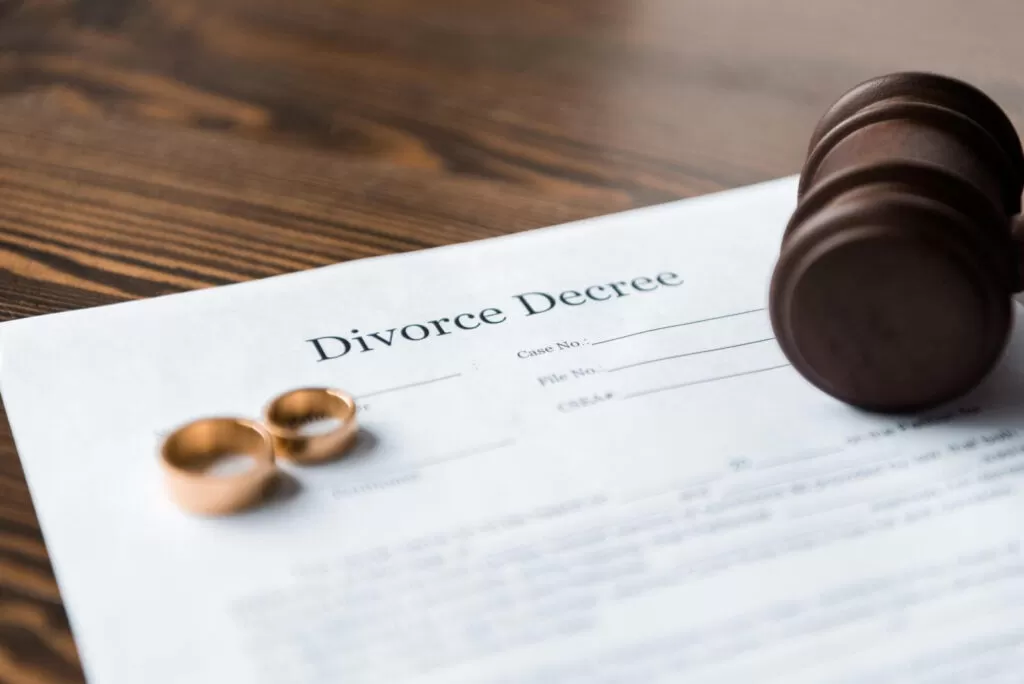The C.W. Park USC Lawsuit: A Detailed Overview

Legal disputes involving universities often attract significant attention, especially when they involve allegations of misconduct or negligence. One such case is the lawsuit filed by C.W. Park against the University of Southern California (USC). This article provides a comprehensive overview of the C.W. Park USC lawsuit, including the background of the case, the main allegations, legal arguments, and implications for the parties involved.
Background of the Case
Table of Contents
ToggleThe Parties Involved
C.W. Park: C.W. Park is a former USC employee and a significant figure in this lawsuit. Park’s role and the circumstances surrounding their departure from USC are central to the case.
University of Southern California (USC): USC is a prestigious private research university located in Los Angeles, California. The university is known for its rigorous academic programs and substantial endowment.
Context and Circumstances
The lawsuit revolves around allegations made by C.W. Park against USC. Understanding the context in which these allegations arose is crucial for comprehending the legal and personal dimensions of the case.
Allegations and Claims
Employment Dispute
At the heart of the lawsuit is a dispute related to Park’s employment at USC. Park alleges wrongful termination, claiming that their dismissal was not justified and violated their employment contract. The specifics of these allegations include:
- Unjust Dismissal: Park contends that their termination was not based on valid reasons and that due process was not followed.
- Contract Breach: The lawsuit includes claims that USC breached the terms of Park’s employment contract, leading to significant professional and personal harm.
Discrimination Claims
In addition to wrongful termination, Park’s lawsuit includes allegations of discrimination. Park asserts that the termination was influenced by discriminatory factors, which might include:
- Age Discrimination: Park claims that their age played a role in the decision to terminate their employment.
- Retaliation: The lawsuit also suggests that Park was retaliated against for raising concerns or complaints about workplace conditions or practices.
Legal Arguments
Park’s Position
C.W. Park’s legal team argues that USC’s actions constituted a breach of employment law and contractual obligations. Key arguments from Park’s side include:
- Violation of Employment Rights: Park’s team argues that USC failed to adhere to proper employment practices and legal standards, resulting in wrongful dismissal.
- Lack of Due Process: The lawsuit highlights that Park was not given an adequate opportunity to contest the termination or address the issues leading to it.
USC’s Defense
USC, on the other hand, has mounted a defense against the allegations. Key aspects of USC’s defense include:
- Justification for Termination: USC argues that Park’s termination was based on legitimate, non-discriminatory reasons, and that all necessary procedures were followed.
- Contractual Compliance: The university asserts that it adhered to the terms of Park’s employment contract and that any claims of breach are unfounded.
Legal Proceedings
Initial Filings
The lawsuit was initially filed in a California court, where C.W. Park sought legal remedies for the alleged wrongful termination and discrimination. The filings include detailed accounts of Park’s employment history, the circumstances of their termination, and evidence supporting their claims.
Court Hearings and Motions
Throughout the legal process, both parties have engaged in various court hearings and motions. These proceedings have included:
- Discovery: Both sides have conducted discovery to gather evidence, including internal USC documents and communications relevant to the case.
- Pre-Trial Motions: USC has filed motions to dismiss certain claims or to narrow the scope of the lawsuit, while Park’s legal team has responded with counterarguments.
Settlement Negotiations
As with many legal disputes, there have been ongoing negotiations between Park and USC to reach a settlement. Settlements can offer a resolution without the need for a protracted trial and might include financial compensation or other terms favorable to Park.
Implications and Impact
For C.W. Park
The outcome of the lawsuit has significant implications for C.W. Park. A successful resolution could lead to:
- Compensation: Park may receive financial compensation for damages related to wrongful termination and discrimination.
- Reputational Recovery: A favorable outcome might also aid in restoring Park’s professional reputation and career prospects.
For USC
The lawsuit also has broader implications for USC:
- Legal Precedents: The case could set legal precedents related to employment practices and discrimination in academic institutions.
- Institutional Reputation: The lawsuit may impact USC’s reputation, especially if the allegations are found to be substantiated.
Broader Implications
The case highlights important issues related to employment rights and discrimination within academic institutions. It underscores the need for universities to adhere to fair practices and ensure that all employees are treated equitably.
Conclusion
The C.W. Park USC lawsuit is a complex and significant legal dispute that touches on issues of employment rights, discrimination, and institutional accountability. As the case continues to evolve, it serves as a critical reminder of the importance of fair employment practices and the legal recourse available to those who believe they have been wronged. The outcome of this lawsuit will likely have lasting effects on both the parties involved and the broader landscape of employment law within academic institutions.











Post Comment